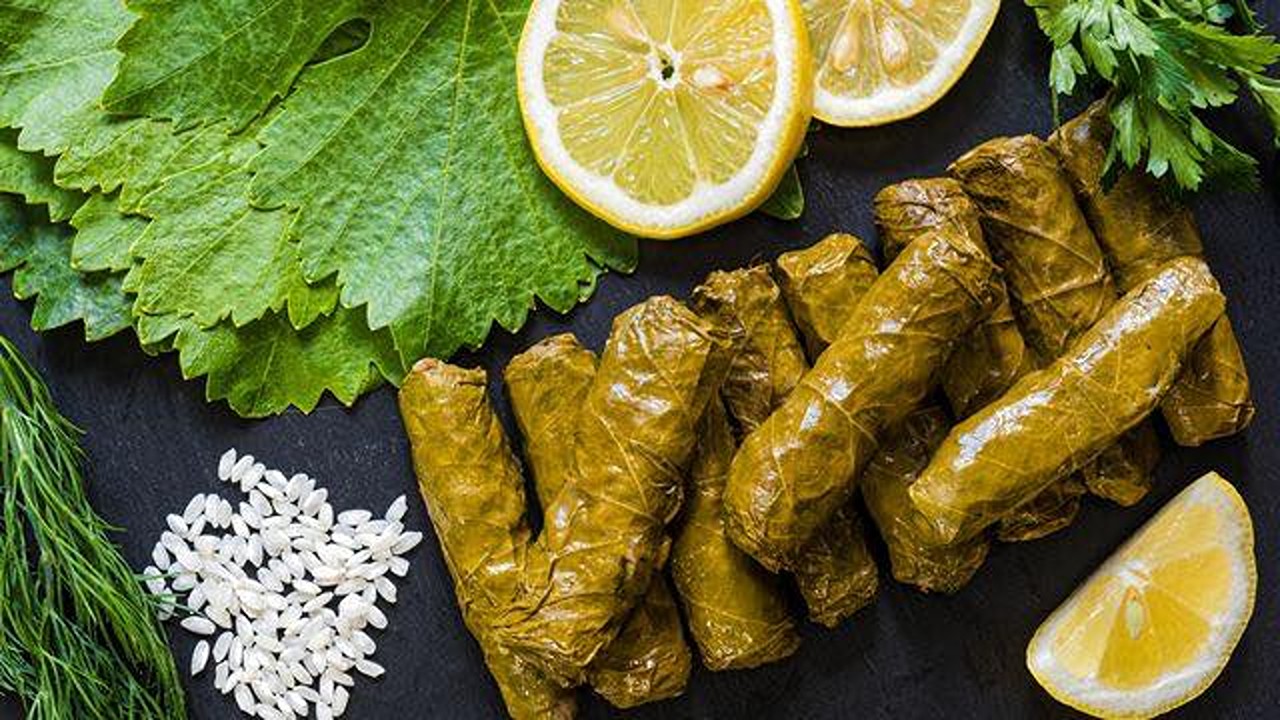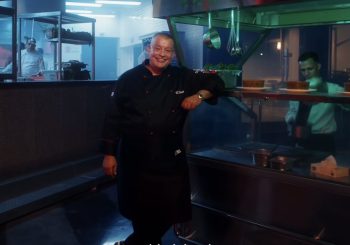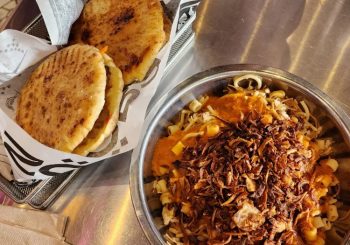The time spent preparing a full meal may seem like just a matter of hours, but for Egyptian women, especially when making mahshi — stuffed vegetables known in some cultures as dolma — time is not measured by the ticks of a clock. It is a gentle, healing ritual, flowing through each tender vine leaf, far more than the simple act of cooking a dish.
There is the time to gather the ingredients, and then there is the time to prepare the mahshi, a ritual in itself, usually unfolding outside the kitchen.
I still remember the excitement I felt as a child, watching my mother and grandmother transform the living room into their cooking space. The way they would lay out the table, carefully unfurling each vine leaf, filling it with the fragrant mixture of rice and vegetables, and wrapping it with such care. Each leaf, no matter how small or delicate, was handled with precision, every fold tucked just right.
But it was not just the physical act of wrapping that made it special. With every fold, with every leaf they filled, there was conversation—reflections on the past, dreams of the future, shared laughter, and sometimes even tears. These were not tears of sorrow; they were the kind that heal, and lighten the soul. In those moments, it felt as though a weight had lifted, leaving behind a sense of peace.
There are so many ways to deepen our understanding and connection with our mothers. At times, we come to know them through the quiet tears they shed in moments of pain, or the way they might overreact to small matters, driven by the immense love they hold for those around them. While some might believe it takes years to truly know our mothers, I argue that it can happen in far less time—perhaps even in the span of a few hours spent cooking mahshi together.
You don’t need decades or years to build that understanding or closeness with your mother; all it takes is sharing in their subtle, restorative moments in the kitchen. And this isn’t unique to my mother—it applies to many mothers, as studies reveal that the culinary space serves as a vital setting where communities engage in both personal and collective healing through cooking, while also expressing their individuality through this act.
Wrapping one pot of mahshi could take anywhere from thirty minutes to an hour, but we always lost track of time. It was not a task to rush through or something to just get done. It was something we wanted to stretch out, to savor. We lingered over the process, not just to perfect the mahshi but to enjoy each other’s company, to laugh, to share, to process life’s ups and downs.
As a child, I often wondered how such a simple act—preparing a meal—could become so deeply meaningful. It was through this ritual that I learned about the strength of the women in my family. I heard their stories, stories of resilience, of pain and triumph, of joy and celebration. These moments were about connecting with the lineage of women who came before me, women who had faced challenges I could hardly imagine.
Through their stories, I learned about my maternal heritage—about the women who had shaped the world before me, each one a reflection of her time, overcoming the trials of her era.
With each piece of mahshi they wrapped, they were also wrapping me in their love, their strength, their womanhood. Every laugh, every tear, every story they shared enveloped me a little tighter in the fabric of our shared identity. I came to realize that preparing mahshi wasn’t just cooking; it was a healing ritual, a bridge to the past, a way to connect with the women who had come before me.
It strengthened my own sense of womanhood, reminding me that I, too, am a woman of my time. Just as they had wrapped me in their history, one day I would wrap the future women in my family in mine.






Comments (0)